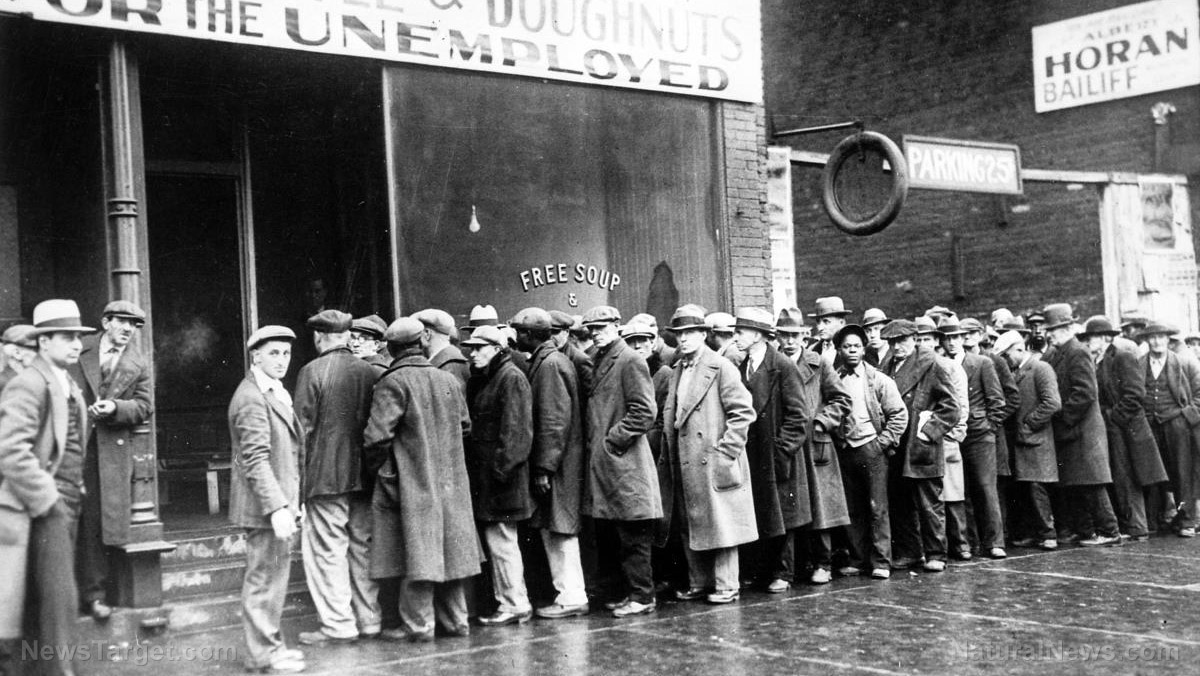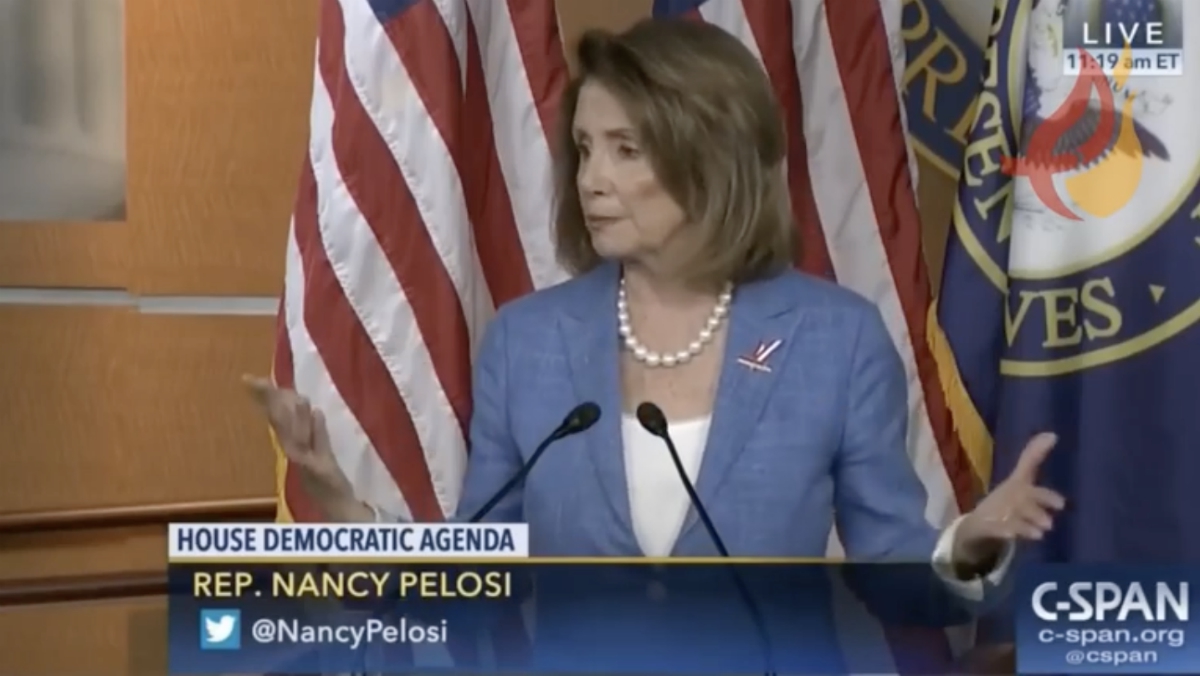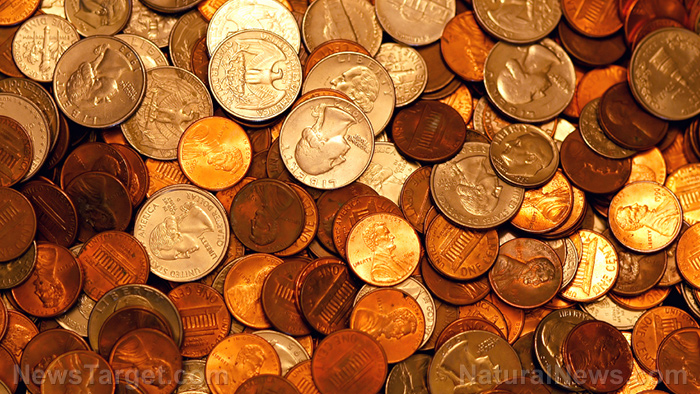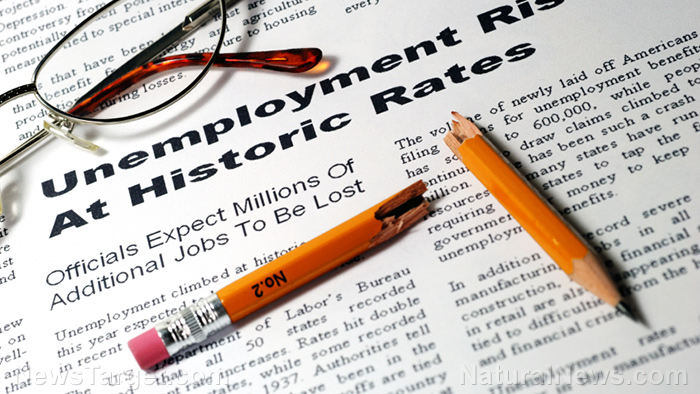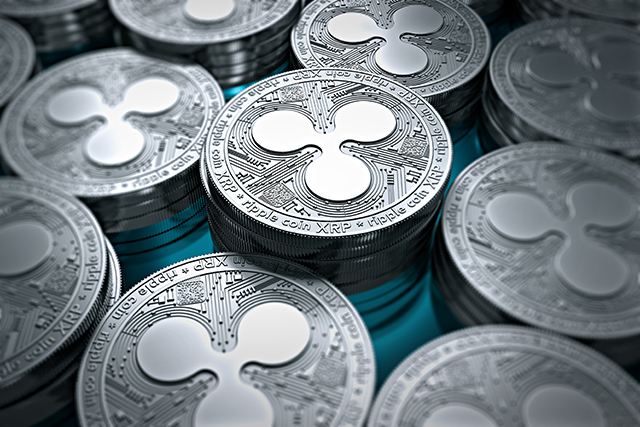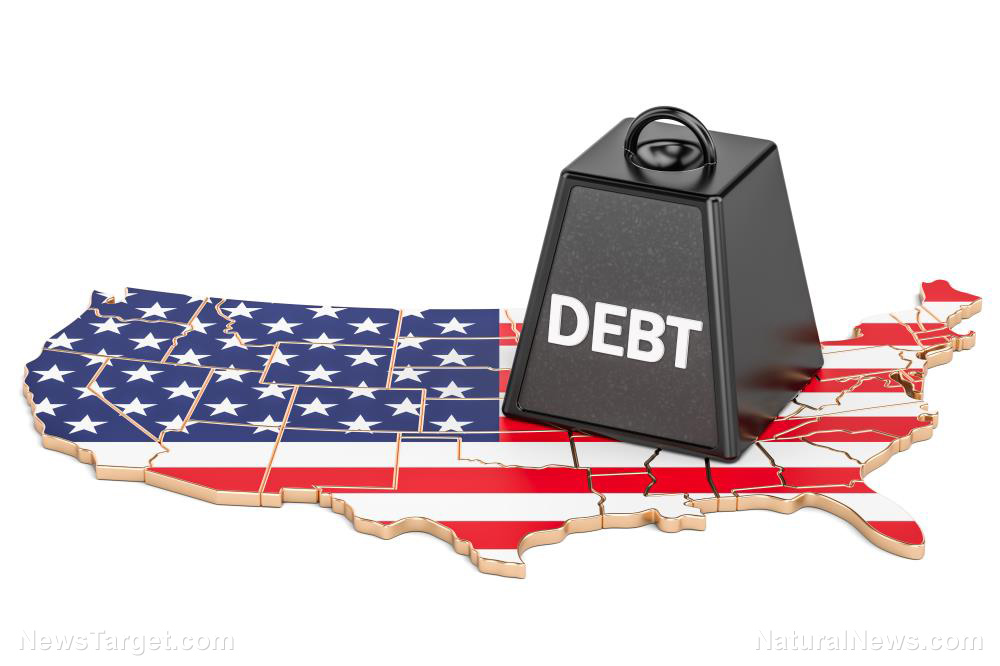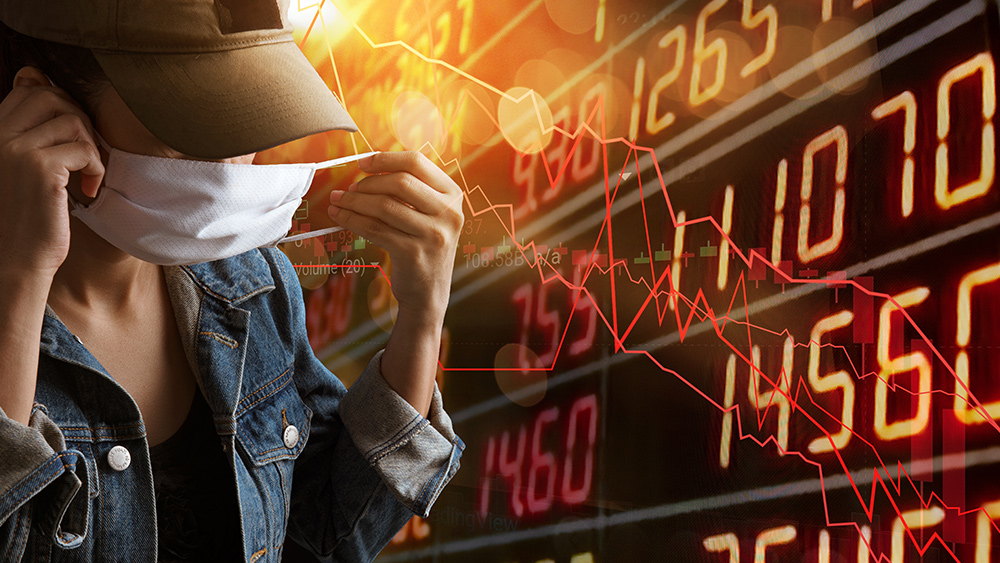Is China’s banking system headed for a debt collapse?
09/05/2020 / By Ralph Flores

China’s economy is recovering from the coronavirus shock. The country’s industrial sector, largely paralyzed during the height of the pandemic, is steadily returning to pre-COVID-19 levels, thanks to resilient exports, latent demand and stimulus-driven infrastructure expansion. In addition, increased activity in the construction and services sectors have also bolstered growth.
But recovery for the world’s second-largest economy remains uneven. In particular, major banks in China are preparing for a blowback as forbearance policies designed to protect borrowers during the pandemic expire, which includes rising bad debt and increased profit margin expectations. All five of China’s largest state-owned banks have reported their biggest profit falls in at least a decade, and most have rolled out provisions to deal with even more COVID-19-related losses in the last few months.
According to Bank of China President Wang Jiang, the economic challenges that state-owned banks will face in the second half of the year are “unprecedented.” Bank of China is the only state-owned bank to post an improved net interest margin — a key indicator for profitability — despite the COVID-19 pandemic. To note, net interest margin refers to how much money a bank or financial institution is making on investments.
The statement also sums up China’s current economic landscape. After months of lockdowns, many borrowers are at risk of defaulting on their loans. This includes the travel industry, which is currently fighting to stay afloat under the shadow of the coronavirus. Last week, financial statements from the country’s biggest airlines pointed to a nascent recovery, thanks to a surge in domestic air travel — providing much-needed encouragement to the flailing industry.
At the height of the pandemic, the banks also stepped up lending to hard-hit sectors. While this provided a much-needed cash infusion to help them survive, this also complicated the banks’ efforts to recoup losses.
In its half-year results, the Agricultural Bank of China said the economic fallout caused by COVID-19, as well as the risk of uncertainty, is expected to affect the banking industry’s recovery for this year. China Construction Bank, the country’s second-largest lender by assets, and Bank of China echoed the same sentiments, while Bank of Communications said that it boosted provisions “to counter the future impact of the pandemic.”
Banks prepare for economic fallout
The latest data from investment firm China International Capital Corporation showed that loan-loss provisions for four of China’s five largest state-owned banks were up following the pandemic.
A loan-loss provision is money that a bank sets aside to cover for loans that may soon default. Alongside a credit provision, a loan-loss provision is an indicator of financial stress at a given time. To note, the loan-loss provision for J.P. Morgan Chase & Co. for the first quarter of this year was as high as that of the 2008-2009 Great Recession.
As coronavirus protections in China are set to expire, officials from the country’s major banks warn of its impact on the economy.
“As forbearance policies that help companies to recover expire in the first half of next year, the impact of non-performing loans will increase,” explained Jin Yanmin, chief risk officer for China Construction Bank, during a news briefing.
In addition, other banks are looking at narrow net interest margins, as they face pressure from fee cuts, lower interest rates for credit and increased loan loss provisions. The International and Commercial Bank of China, the world’s largest commercial lender by assets, has announced loan risk controls to guard against “significant turbulence.”
For the first half of the year, Chinese commercial banks recorded a 9.4 percent drop in profit. Experts, however, say this is the bottom of the barrel and that the industry is poised to post profits as early as next year.
Pandemic.news has more on the economic impact of the Wuhan coronavirus outbreak.
Sources include:
Tagged Under: central banks, China, Collapse, communist China, coronavirus, covid-19, debt collapse, economic collapse, economy, finances, financial crisis, flu, government, infections, market crash, outbreak, pandemic, risk, stocks, superbugs, virus
RECENT NEWS & ARTICLES
COPYRIGHT © 2017 NATIONAL DEBT NEWS

